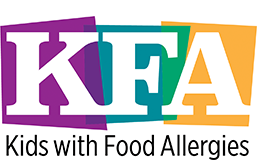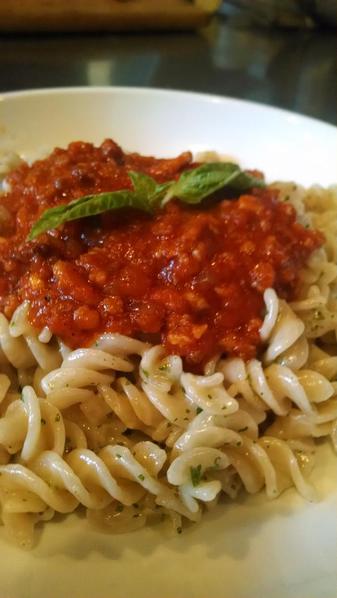 Avg. rating 5 from 20 votes.
Avg. rating 5 from 20 votes.
Recipe Created By: Kathy Przywara
1 1/4 cups flour
1 tsp baking powder
1/4 tsp baking soda
1/2 tsp salt
1/2 cup graulated sugar
1/4 cup brown sugar
1/3 cup oil
1 cup coconut or soy milk
1 tsp vanilla
1 lemon, zest and juice
Preheat oven to 350 °F. Line 12 cup cupcake pan with paper liners.
Combine dry ingredients, including sugars, in a large mixing bowl. Whisk to combine.
Combine wet ingredients, including lemon zest, in a small bowl. Whisk to combine.
Pour the wet works over the dry works. Whisk to combine. Do not beat.
Divide among the 12 cupcakes – about 1/4 cup each should fill it 2/3 to 3/4 full.
Bake for 20-25 minutes or until golden brown. Do not underbake or they tend to fall as they cool. Allow to cool in pan for 10 min, then remove to rack to cool completely before frosting.
Coconut: Although classified by the FDA as a tree nut, coconut is not a common allergen and is not related to tree nuts. If you have a
tree nut allergy, consult your physician to find out if you need to avoid coconut.
Corn Substitutions: Corn is a common ingredient in products. Starch, modified food starch, dextrin and maltodextrin can be from corn. Consult with your physician to find out which corn derivatives you need to avoid. Many corn-free options are available in the US. Find out more about
corn substitutions.
Gluten: Gluten is a protein found in specific grains (wheat, spelt, kamut, barley, rye). Other grains are naturally gluten-free but may have cross-contact with gluten-containing grains. Look for certified gluten-free products if you need to avoid gluten. Find out more about
wheat and gluten substitutions.
 Avg. rating 5 from 20 votes.
Avg. rating 5 from 20 votes.






















